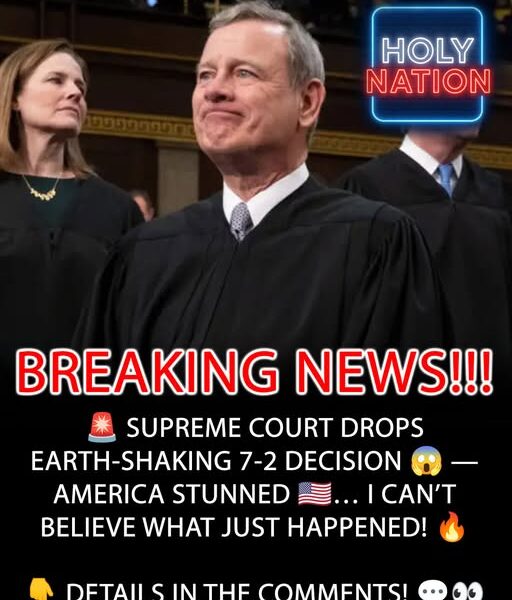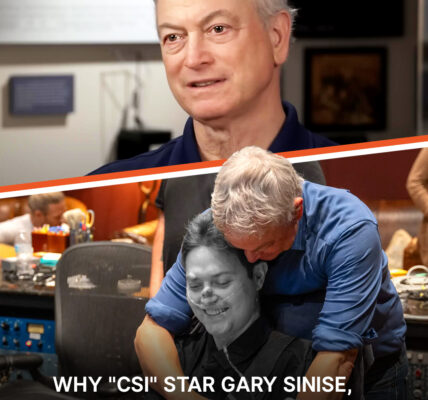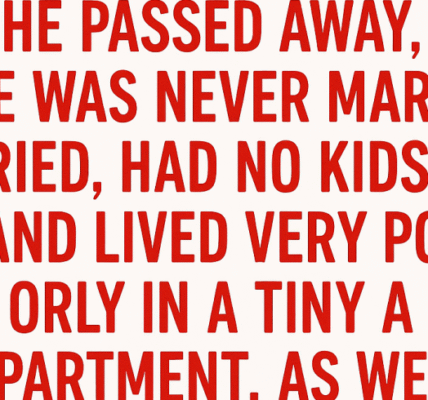In a 7-2 decision, the U.S. Supreme Court ruled in Bufkin v. Collins that courts must defer to the VA unless there’s a clear error, weakening the long-standing “benefit-of-the-doubt” rule that once favored veterans in close cases. The case centered on two veterans, Joshua Bufkin and Norman Thornton, who were denied PTSD benefits despite presenting substantial—but not definitive—evidence. Advocates argue this ruling makes it even harder for veterans to prove service-related health conditions. Justices Ketanji Brown Jackson and Neil Gorsuch dissented, warning the decision unfairly shifts the burden onto veterans. Critics fear it will lead to more denials and discourage veterans from filing claims. Veterans’ groups are urging Congress to step in and restore stronger protections. Until then, many worry this decision will cause more veterans to fall through the cracks of an already difficult system.
In a 7-2 decision, the U.S. Supreme Court ruled in Bufkin v. Collins that courts must defer to the VA unless there’s a clear error, weakening the long-standing “benefit-of-the-doubt” rule that once favored veterans in close cases.
The case centered on two veterans, Joshua Bufkin and Norman Thornton, who were denied PTSD benefits despite presenting substantial—but not definitive—evidence. Advocates argue this ruling makes it even harder for veterans to prove service-related health conditions.
Justices Ketanji Brown Jackson and Neil Gorsuch dissented, warning the decision unfairly shifts the burden onto veterans. Critics fear it will lead to more denials and discourage veterans from filing claims.
Veterans’ groups are urging Congress to step in and restore stronger protections. Until then, many worry this decision will cause more veterans to fall through the cracks of an already difficult system.




